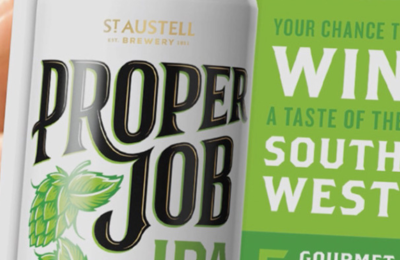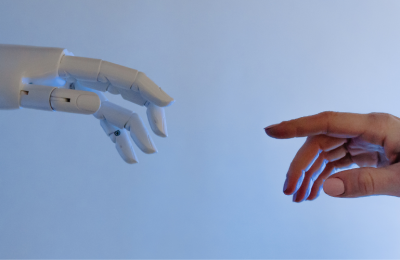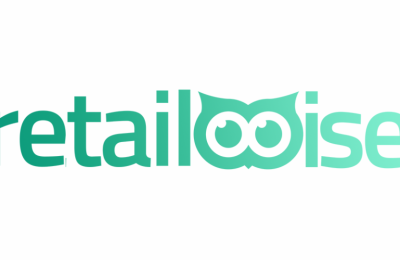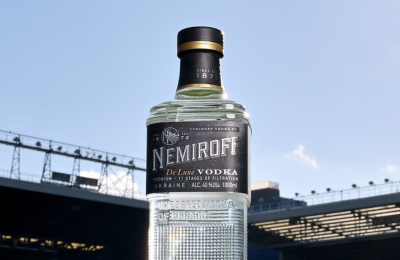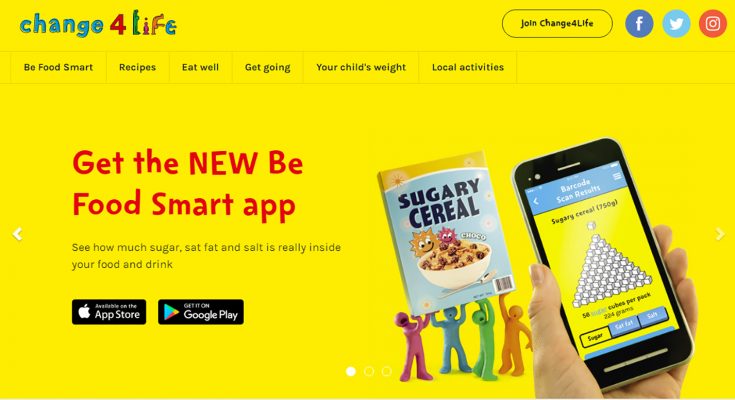The latest Change4Life campaign, backed up a by a free app which scans product barcodes and compares ingredients, aims to educate families about the significant amount of sugar children are consuming even before they get to school.
The new push from Public Health England (PHE), the government department behind Change4Life, launched today. Its main message is that children consume half the daily recommended sugar intake before the morning school bell rings.
The campaign urges parents to Be Food Smart and take more control of their children’s diets. The new Be Food Smart app highlights just how much sugar, saturated fat and salt can be found in everyday food and drink that their children consume.
The free app works by scanning the barcode of products allowing parents to compare brands and also features food detective activities for children and mini missions the whole family can enjoy.
The app is an integral part of a campaign that also includes TV, digital and outdoor, plus the distribution of 4.6 million free Be Food Smart packs to primary school aged children and families at local events across England.
PHE says that on average children in England consume more than 11g of sugar at breakfast time alone, almost three sugar cubes. The recommended daily maximum is no more than five cubes of sugar for 4 to 6 year olds and no more than six cubes for 7 to 10 year olds per day. By the end of the day, UK children have on average consumed more than three times these recommendations.
A survey conducted for PHE’s Change4Life campaign found that parents are unsure what makes up a healthy breakfast for their children. Most parents (84%) whose children consume three or more sugar cubes in their breakfast think their child’s breakfast is healthy.
PHE says some of the main sources of sugar at breakfast time include sugary cereals, drinks and spreads. Away from the breakfast table, children are also consuming too much sugar, saturated fat and salt in items such as confectionery, biscuits, muffins, pastries and soft drinks.
Dr Alison Tedstone, chief nutritionist, Public Health England, says: “Children have far too much sugar, and a lot of it is before their first lesson of the day. It’s crucial for children to have a healthy breakfast, but we know the mornings in a busy household can be fraught. That’s why we’ve developed our Be Food Smart App, taking some of the pressure off parents and helping them to choose healthier food and drink options for their children.”
Public Health England exists to protect and improve the nation’s health and wellbeing, and reduce health inequalities. It does this through world-class science, knowledge and intelligence, advocacy, partnerships and the delivery of specialist public health services. PHE is an operationally autonomous executive agency of the Department of Health.

